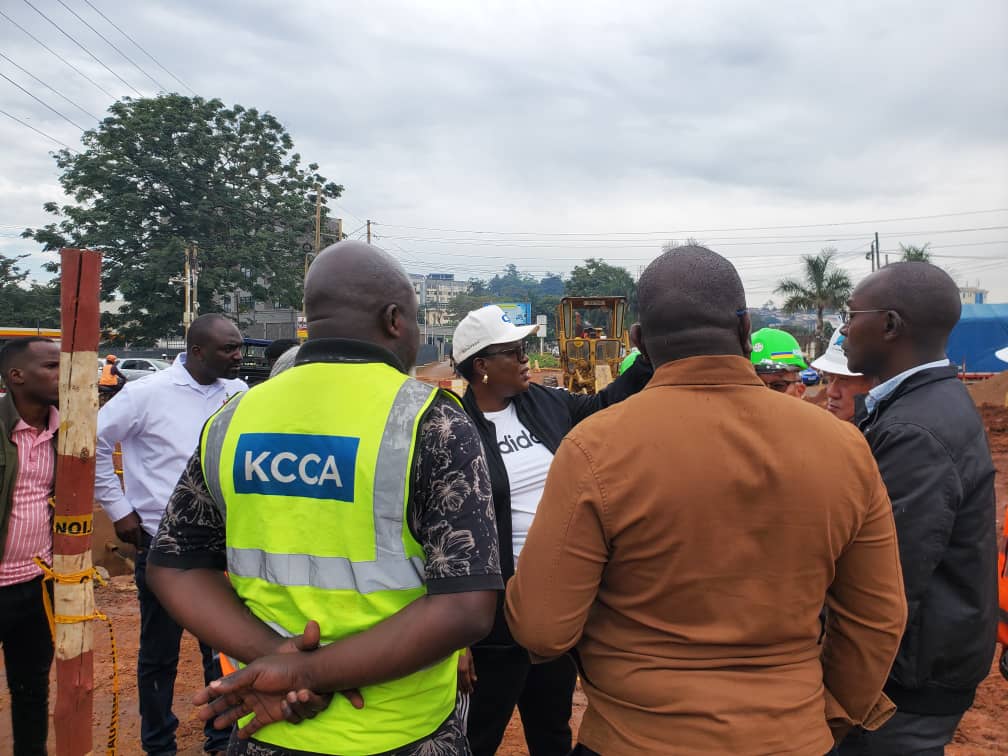The fate of Opposition registration: Exploring door-to-door strategies

In many political contexts, opposition parties face challenges in mobilizing support and registering voters, particularly in areas where access to traditional campaign methods may be limited. Let's delve into how door-to-door strategies can impact the fate of opposition registration efforts.
1. Overcoming Barriers to Access: Door-to-door registration initiatives can help opposition parties overcome barriers to access and engage directly with potential supporters in their communities. By bypassing traditional campaign channels, such as mass rallies or media advertisements, parties can reach individuals who may otherwise be overlooked or disenfranchised.
2. Building Personal Connections: Personalized engagement through door-to-door visits allows opposition parties to build genuine connections with voters, listen to their concerns, and address their needs directly. This grassroots approach fosters trust, credibility, and loyalty among constituents, laying the foundation for long-term support and mobilization efforts.
3. Tailoring Messages and Campaigns: Door-to-door interactions provide valuable insights into the specific needs, priorities, and preferences of different communities and demographic groups. Opposition parties can tailor their messages, policies, and campaign strategies accordingly to resonate with diverse audiences and gain broader appeal.
4. Mobilizing Support at the Grassroots Level: Door-to-door registration not only facilitates voter registration but also serves as a platform for grassroots mobilization and community organizing. Opposition parties can recruit volunteers, train local leaders, and establish neighborhood networks to amplify their reach and influence at the grassroots level.
5. Overcoming Trust Deficits: In some political contexts, there may be deep-seated mistrust or skepticism towards opposition parties or electoral processes. Door-to-door engagement offers an opportunity for face-to-face dialogue, dispelling misconceptions, clarifying misinformation, and building trust through transparent and authentic communication.
6. Addressing Challenges and Risks: Despite its potential benefits, door-to-door registration also poses practical challenges and risks, such as resource constraints, logistical hurdles, and security concerns. Opposition parties must carefully plan and execute their door-to-door campaigns, ensuring adequate training, safety protocols, and coordination with local authorities.
7. Leveraging Technology and Data: Advancements in technology, such as mobile applications and data analytics, can enhance the effectiveness and efficiency of door-to-door registration efforts. Digital tools enable real-time data collection, voter profiling, and targeted messaging, empowering opposition parties to optimize their outreach strategies and maximize impact.
8. Collaborating with Civil Society and Community Partners: Partnerships with civil society organizations, community leaders, and grassroots movements can strengthen door-to-door registration initiatives and broaden their reach. Collaborative efforts facilitate information sharing, resource pooling, and mutual support, amplifying the collective voice and influence of opposition movements.
In conclusion, door-to-door registration holds immense potential for opposition parties to expand their support base, mobilize grassroots support, and strengthen democratic participation.
By embracing innovative approaches, building genuine connections, and empowering communities, opposition movements can overcome registration challenges and shape the political landscape for a more inclusive and vibrant democracy.
Let's continue to explore and advocate for strategies that amplify the voices of all citizens and uphold the principles of fairness, transparency, and accountability in electoral processes.













